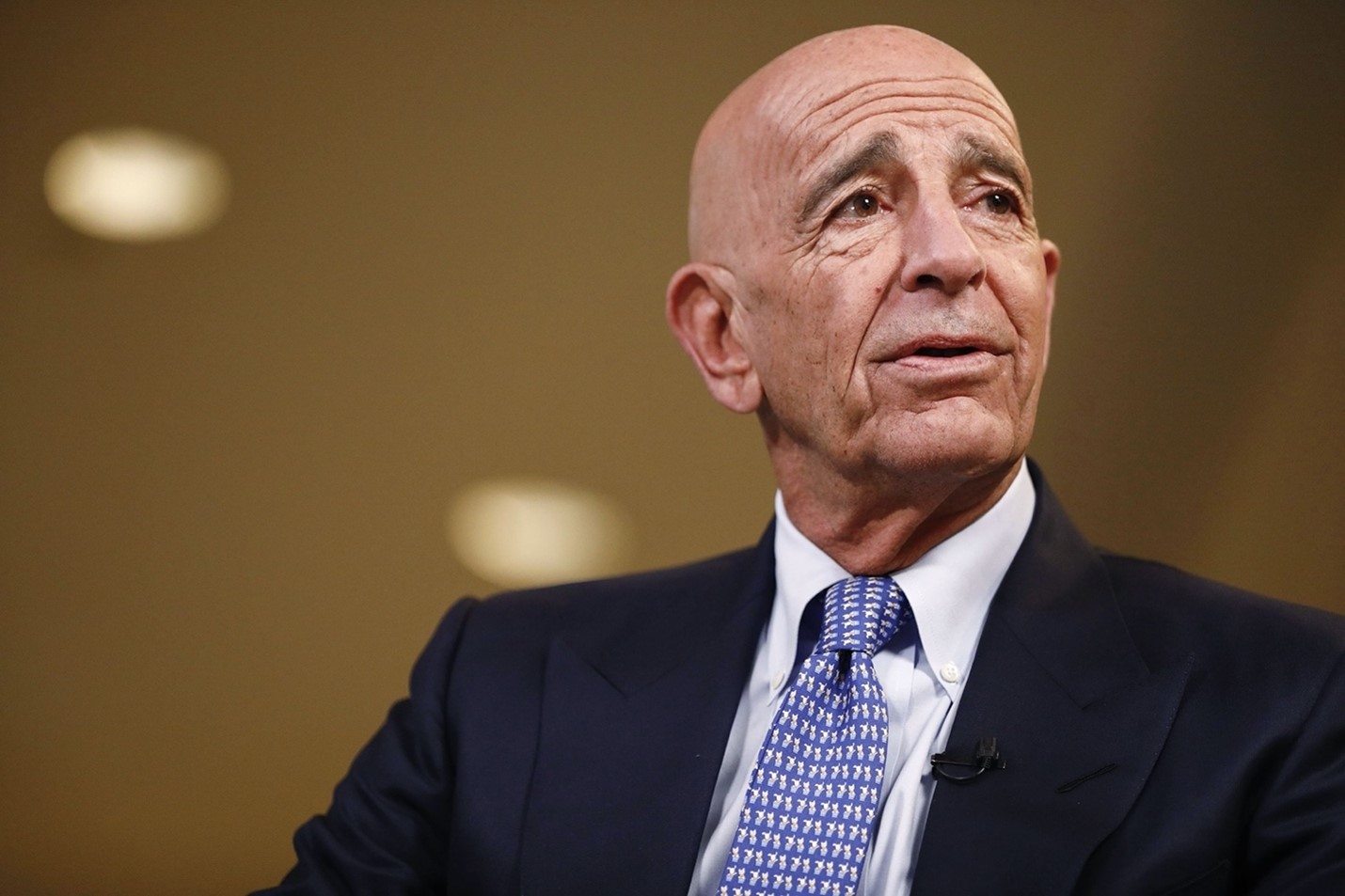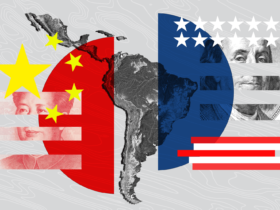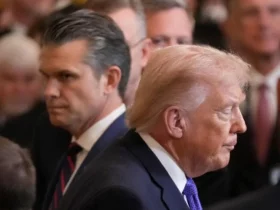An analysis of the US ambassador to Türkiye, Thomas Barrack’s recent article.
An analysis of the US ambassador to Türkiye, Thomas Barrack’s recent article.
US Ambassador to Ankara and Special Envoy for Syria, Tom Barrack, lays out the Trump administration’s blueprint for reshaping West Asia quite explicitly in his article titled “A Personal Perspective – Syria and Lebanon Are the Next Pieces for Levant Peace”.
Describing the Gaza deal signed on October 13 in Sharm el-Sheikh as “a defining moment in modern Middle Eastern diplomacy,” Barrack also outlines between the lines the main contours of the plan Washington intends to impose on the region. When we read the article in light of the developments in the region, we draw the following conclusions:
1. The US is preparing to take steps to ensure normalization between its regional allies, Türkiye and Israel through Syria.
For this, Washington envisions the “integration” of the SDF and similar terrorist groups into the Damascus government. This would, on the one hand, strengthen the Shara administration, and on the other, temporarily ease Türkiye’s security concerns. Note here that a smooth continuation of the ongoing “peace process” in Türkiye also fits US’ interests.
Once the process in Türkiye and the integration project in Syria are completed, Türkiye would continue its activities in Syria in coordination with the US, which in turn would limit Iran’s influence in the region.
In parallel, a permanent peace would be established between the Shara government and Israel, thereby reinforcing Israel’s “security”.
In short, Türkiye and Israel will maintain their spheres of influence over Syria without stepping on each other’s toes, and the US will act as the guarantor of this balance.
2. The US aims to eliminate Hezbollah, which they regard as the prominent threat to Israel’s “security”, through both political and military means.
The fall of Syria cut off the logistical corridor between Iran and Hezbollah, and this led to the military weakening of the group.
At the same time, Washington’s pressure on the current Lebanese government has been mounting. Washington’s primary demand is Hezbollah’s removal from the political scene.
In the coming period, the US and Israel will accelerate their plan to target Hezbollah, not only through their own means but also through their allies within Lebanon.
In this context, it’s likely that groups close to the Shara government in Syria will also be used against Hezbollah.
3. The Abraham Accords process…
The normalization and cooperation between the Gulf emirates and Israel will continue under US supervision. The project to make the region accept Israel in its current form will not be limited to the Gulf but will be imposed across the entire Arab world.
In parallel with this project, steps to deepen the rift between the Gulf states and Iran are to come. At this point, the political choices of the Saudi government and the extent to which Riyadh commits to this plan will be of critical importance.
4. The US will spark new provocations that inflame Sunni–Shia tensions across the region. In the coming period, such provocations may intensify in Iraq and Lebanon.
5. The ceasefire in Gaza temporarily rescued Israel from the difficult situation it had fallen into.
The Shara government is ready to reach an agreement with Israel on every issue…
What is left is Hezbollah and the resistance in Yemen.
Once Hezbollah in Lebanon and the Houthis in Yemen are sufficiently weakened, the US and Israel are highly likely to launch a new wave of attacks on their ultimate target, Iran.
Considering Israel’s defeat in the 12-Day War, this time the US would take part in the operations directly and more heavily. Should Iran fall, Washington would gain the conditions needed to completely reshape the region for Israel’s ambitions.
These are the conclusions drawn from Barrack’s article and the developments in the region.
It wouldn’t be an exaggeration to say that the leaders around the table in Sharm el-Sheikh have largely agreed to this plan.
Yet, the forces in the region that continue to resist imperialism will have a say against all this.

















Leave a Reply